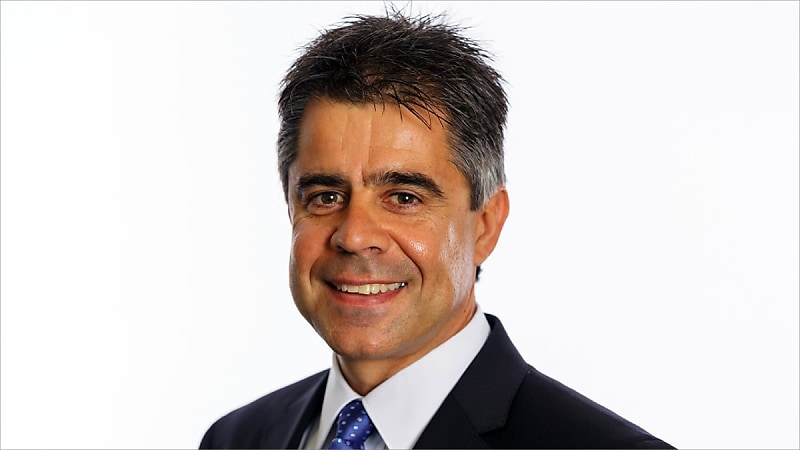SMSFs enjoy better tax outcomes than big funds
Members of SMSFs are more likely to enjoy tax-free earnings than those in APRA funds, it was revealed in the latest Class Annual Benchmark Report, highlighting the strength of the sector’s advice and education.
According to the report, almost 50 per cent of members over 65 in APRA funds still have their entire balance in the accumulation phase compared to only 12 per cent, or one in eight, for SMSF members.
“While this in part reflects the higher levels of engagement in the SMSF sector and likely the value of having access to financial advice, it also highlights that the superannuation sector collectively needs to do more to identify and service the retirement income needs of members,” said Tim Steele, Class CEO.
“It highlights the need for the industry to educate members on the benefits of moving into the pension phase after they reach retirement age.
“The majority of SMSF members of this age group are taking advantage of tax savings by moving balances into retirement phase income streams to maximise their retirement benefits.”
Joshua Williams, COO, SuperGuardian, said he was surprised by the number of APRA members who are still in the accumulation phase and said it points to the fact that members are not getting the right advice or education.
“It also recognises the fact that SMSF is doing better in this area,” he said.
“The number of advisers has plummeted, and the availability and accessibility of advice is not there [in APRA funds].
“There are more Australians at that stage of their life where they have grown their super balance through their career and there is a wonderful opportunity for them to get tax exemptions but they are obviously not getting the right advice.
“It’s now about getting that awareness out there. There has been so much focus on building super but not what to do with it.”
Meg Heffron, director of Heffron, said previously people would wind up their funds at around 65, but the SMSF sector realised there was a better way to ensure members had a more comfortable and managed retirement.
“The sector pushed the idea of pensions and although it has taken a long time to encourage retirement products, it is starting to have an impact,” she said.
“We have had compulsory super for about 40 years and have done a good job educating people in the fact they have super. We just haven’t got there in the next phase that in retirement they can do something different with it.
“Every day it sits in the accumulation phase, people are needlessly paying tax on their super balances.”
Jo Hurley, head of growth for Class, said the data highlights that people get what they pay for in terms of advice.
She said although SMSFs may be more expensive to establish in the initial phase, the benefits pay for themselves.
“Cost is not an issue, it is the value you get from those expenses,” she said.
“We work hard to reduce the administrative burden and drive more value through those fees and if members are getting good advice and fees are reflecting that, and then we see them having a longer SMSF journey to maximise concessions, that is only going to benefit members who have super in SMSF.”
Peter Burgess, SMSFA CEO said the data is a great example of why people need advice.
“You shouldn’t pay tax when you don’t have to. The fact that the Class data found that most SMSF members were in the tax-free phase shows there is significant engagement in the sector for SMSF members to achieve their best outcomes.”








